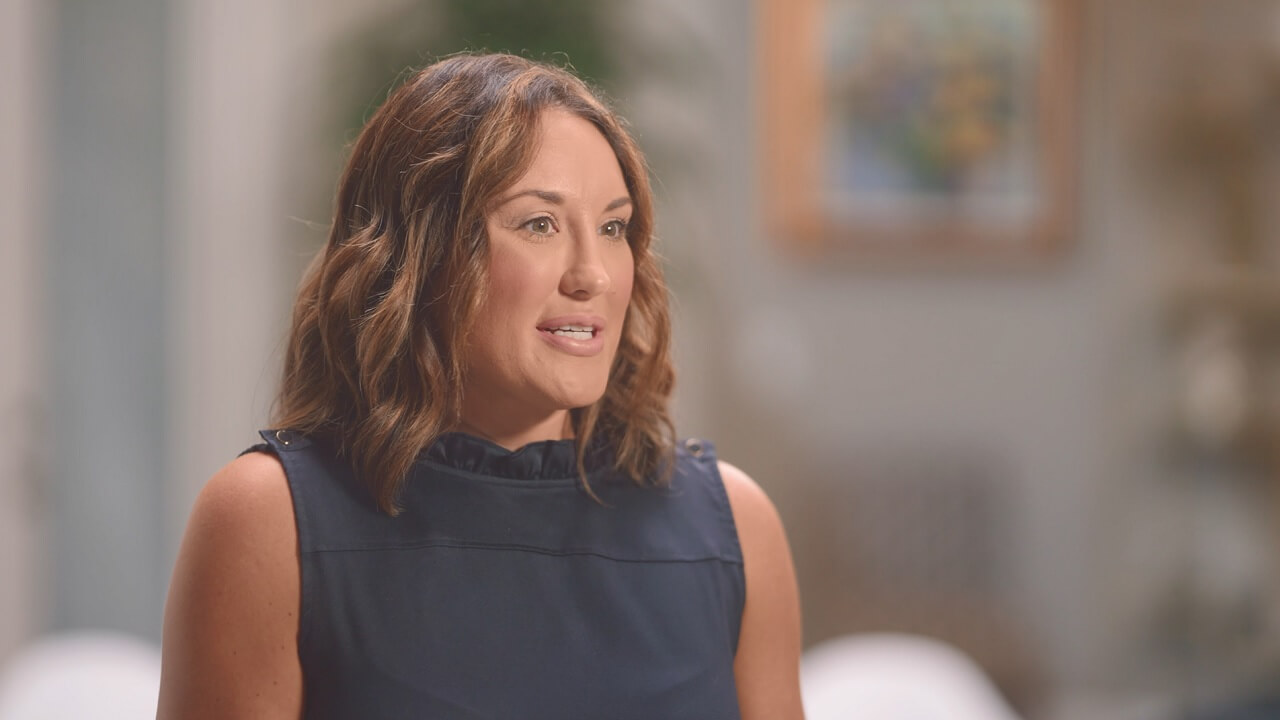Genetic Testing Provides Crucial Family Information in the Fight Against Breast Cancer
When Emily Monahan, 33, learned that her grandmother and aunt had been diagnosed with breast cancer at a young age, she knew what she had to do.
“Due to their age at diagnosis, I qualified for a genetic counseling appointment to see if I was eligible for genetic testing,” said Monahan, physician assistant for orthopedic surgery at BayCare’s St. Joseph’s Hospitals. “I was attending physician assistant school at the time and learned about genetic markers for certain cancers. Given my family history, I realized that there could be a genetic component to the cancer.”
BayCare offers genetic counseling to provide patients with information about hereditary cancer risk and guidelines for cancer screening and treatment. During an appointment with a genetic counselor, patients can discuss concerns about the cancer history in their family.
Through this service, patients receive a personalized risk assessment and information about genetic testing options. Genetic counselors have specialized training and certification to provide support for families choosing to pursue genetic testing, including follow-up consultations.
During Breast Cancer Awareness Month, Monahan is encouraging everyone to have conversations with close relatives to know more about their family history.
Neither her grandmother nor her aunt had been genetically tested, so Monahan had a conversation with her gynecologist who recommended a visit to the genetic counselor.
“After visiting with the genetic counselor, it was determined that based on my family history and certain other factors, I qualified for the testing,” Monahan said. “It was done that same day via a simple blood test.”
Monahan received her results in a month. “I remember getting the phone call when I was between surgeries at my job,” Monahan said. “Of course, I was nervous to hear about the results. But I was fortunate they were negative.”
Because of her family history, Monahan is eligible for screening twice a year. Every six months, she alternates between a mammogram and an MRI.
Since going through testing, Monahan has discussed genetic testing with other family members. “They have started having conversations with their health care providers about getting tested,” she said. “I also have encouraged my relatives who have children to get them tested if a counselor determines that they are eligible.”
Genetic testing gives the patient the power to take control of their own health, Monahan said. “It gives them the knowledge to make informed decisions and provide a complete understanding of their options,” she said. “The sooner they know, the more options they will have and the better the chance of a good outcome.”
Talking to relatives about health history is very important, Monahan said. “Knowledge is power. This is true in all aspects of life. However, with health care, it can truly dictate your health outcomes,” she said. “With almost all diagnoses, early detection leads to better outcomes. Surveillance for common conditions in your family is easier when you know what to look for.”
To learn more, visit ItsinOurHands.org.
Related Story:
- What you Need to Know About Breast Cancer
- BayCare Team Member Impacted by Breast Cancer Encourages Early Screening
- BayCare Nurse Navigator Guides Patients Through Breast Cancer Journey


